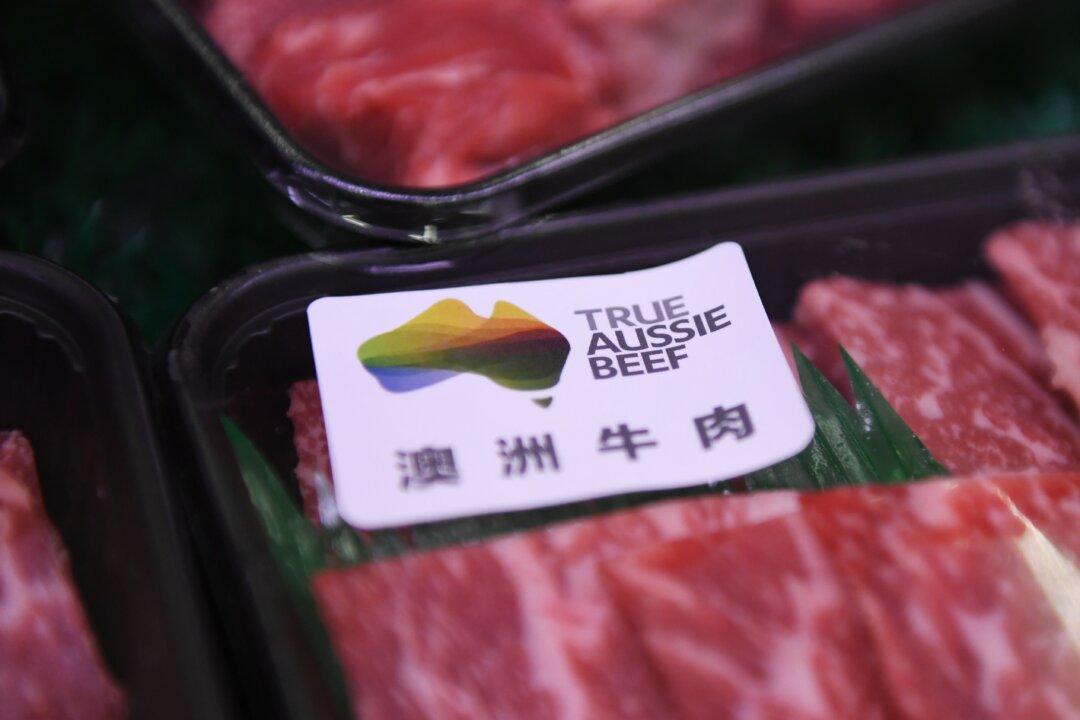Beijing has lifted an arbitrary ban on three Australian abattoirs as China not only grapples with food shortages, but continues working to ease relations with the Labor government.
Beijing’s Customs Agency announced that products from Australian companies Teys, the Australian Lamb Company, and JBS will be allowed into China.





